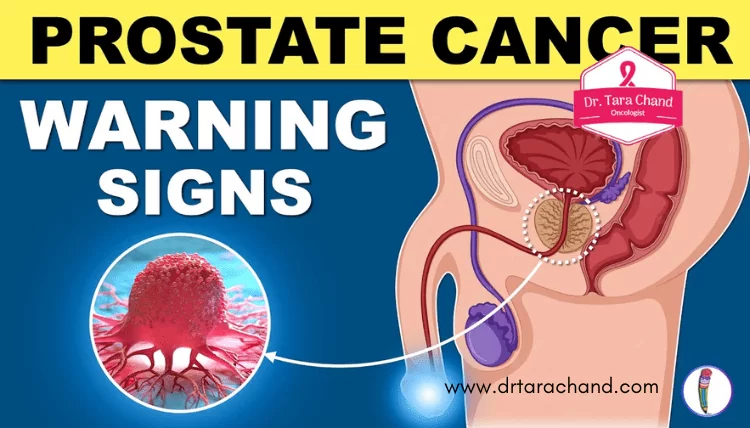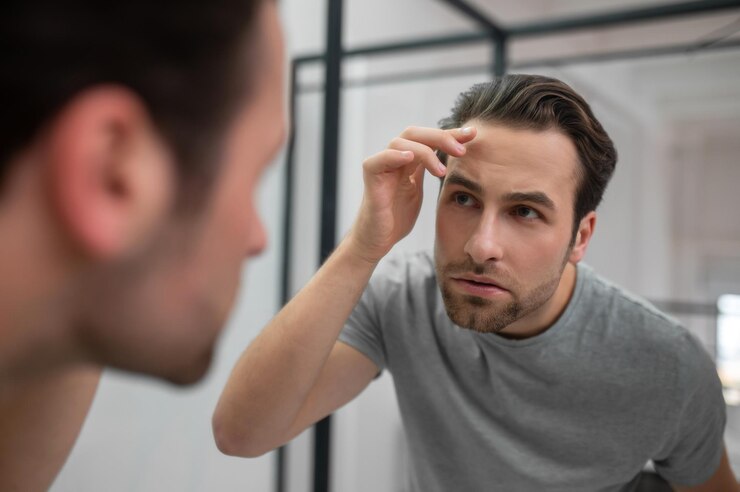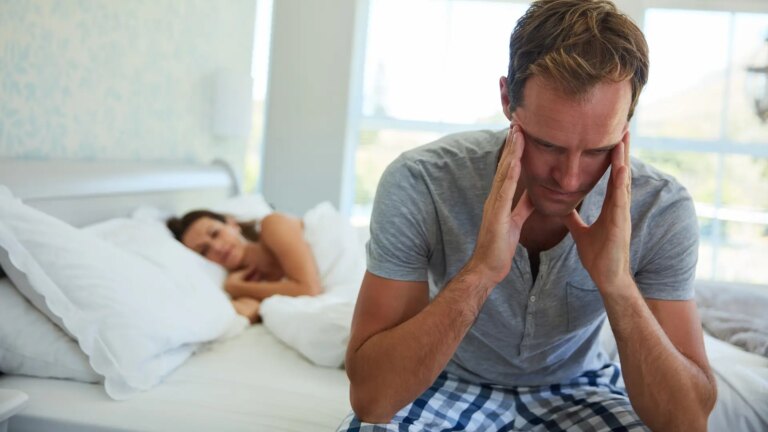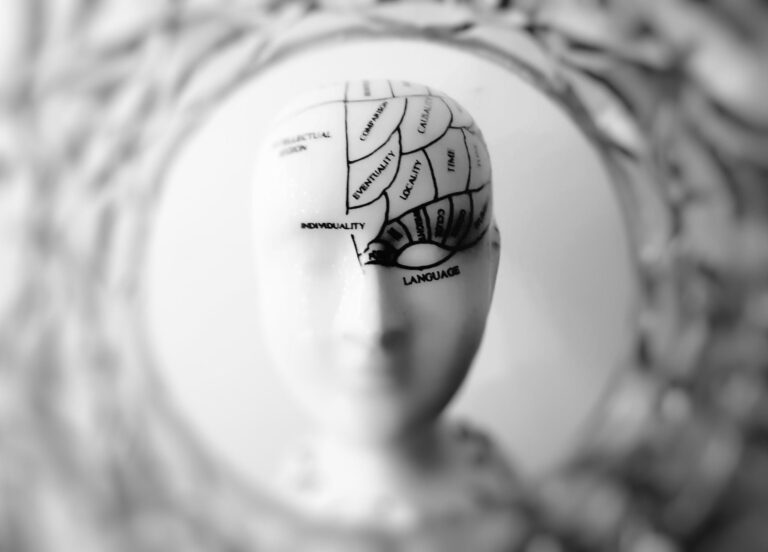Embracing Body Positivity: A Guide to Healthy Self-Image for Men

Understanding the Importance of Body Image
Body image is a crucial aspect of our overall well-being. It encompasses the way we perceive, think, and feel about our bodies, as well as the physical and emotional responses to these thoughts and feelings. Developing a positive body image is not just about having a flattering appearance or conforming to society’s beauty standards. It goes much deeper than that.
Research has consistently shown that a healthy body image is closely linked to mental health, self-esteem, and overall quality of life. When we have a positive body image, we are more likely to engage in self-care practices, such as nourishing our bodies with nutritious food, engaging in regular physical activity, and prioritizing our mental and emotional well-being. On the other hand, negative body image has been associated with a range of adverse effects, including anxiety, depression, disordered eating behaviors, and a decreased quality of life. It is clear that understanding and cultivating a positive body image is essential for our overall happiness and well-being.
Challenging Society’s Unrealistic Beauty Standards

In today’s society, we are bombarded with images and messages that promote unrealistic beauty standards. From flawless skin to ultra-thin bodies, the media often portrays a narrow definition of beauty that can be incredibly damaging to our self-esteem. But it’s time to challenge these standards and embrace the beauty in diversity.
Let’s start by looking at the facts. According to a study published in the Journal of Social Issues, exposure to idealized body images can contribute to body dissatisfaction, low self-esteem, and even the development of eating disorders. These unrealistic beauty standards not only affect women, but men as well. In fact, a survey conducted by the National Eating Disorders Association found that nearly 25% of men feel pressure to have a perfect body.
It’s clear that these beauty standards have a negative impact on our mental health. But how can we challenge them and promote a healthier body image? It starts with recognizing that beauty comes in all shapes, sizes, and colors. Each person is unique and has their own natural beauty that should be celebrated. It’s time to shift our focus towards self-acceptance and self-love, rather than striving to meet an unattainable ideal. By embracing body diversity and promoting positive body image, we can create a more inclusive and accepting society for all.
Recognizing the Impact of Media on Male Body Image
In today’s digital age, the media plays a powerful role in shaping societal beauty standards and influencing body image perceptions. While much attention has been given to the impact on female body image, it is crucial to recognize the profound effect that media can have on the male population as well. From advertisements featuring sculpted physiques to movies showcasing unrealistic male bodies, the media perpetuates an unattainable image of masculinity that can lead to body dissatisfaction and negative self-perception.
Numerous studies have highlighted the detrimental effects of media on male body image. A study published in the journal Body Image found that exposure to muscular idealized images in the media is associated with increased body dissatisfaction among men. Similarly, a systematic review conducted by researchers at the University of Michigan revealed a strong correlation between media exposure and body dissatisfaction among males. The study emphasized that the portrayal of idealized male physiques in the media can lead men to engage in disordered eating behaviors, excessive exercise, and the use of performance-enhancing substances in an attempt to attain the unrealistic standards they are bombarded with.
The impact of media on male body image is a multifaceted issue that warrants further exploration and understanding. It is vital to recognize the role that media plays in shaping societal beauty ideals and how it can negatively affect the self-perception of men. By acknowledging these effects and promoting a more realistic and inclusive representation of male bodies in the media, we can create a healthier environment in which individuals of all genders can cultivate positive body image and mental well-being.
The Connection between Body Positivity and Mental Health
Body positivity is not just about accepting and loving one’s physical appearance; it also has a profound impact on mental health. Research has shown that individuals who embrace body positivity have lower levels of depression, anxiety, and negative body image-related thoughts. When we cultivate a positive mindset towards our bodies, we are more likely to experience improved self-esteem, self-worth, and overall psychological well-being.

A study conducted by the University of California, San Francisco found that women who practiced body positivity had lower rates of disordered eating behaviors and were more likely to engage in healthy habits such as regular exercise and balanced nutrition. This suggests that shifting our focus from appearance-based goals to nurturing our bodies for health and well-being can have a significant positive effect on both our physical and mental health.
Moreover, body positivity is closely linked to self-compassion and acceptance. When we stop comparing ourselves to unrealistic beauty standards and learn to appreciate our unique bodies, we develop a greater sense of self-compassion. This compassionate mindset allows us to treat ourselves with kindness and understanding, leading to reduced stress levels and improved mental well-being.
So, how can we foster body positivity in our lives? It begins with challenging societal beauty standards and embracing body diversity. By acknowledging that bodies come in all shapes, sizes, and colors, we can break free from the narrow definition of beauty perpetuated by the media. Additionally, practicing self-care, surrounding ourselves with a supportive network, and developing healthy coping mechanisms can all contribute to a positive body image and improved mental health. Body positivity is a lifelong journey, and by prioritizing our mental well-being, we can create a more positive and empowered relationship with our bodies.
Breaking Free from Negative Self-Talk and Comparison
Negative self-talk and comparison are two common habits that can have a detrimental impact on our mental and emotional well-being. Often fueled by societal pressures and unrealistic beauty standards, these habits can erode our self-esteem and leave us feeling inadequate in our own bodies. Breaking free from negative self-talk and comparison starts with recognizing that these thoughts are not productive or beneficial. When we constantly compare ourselves to others or berate ourselves with negative self-talk, we are only perpetuating a cycle of self-doubt and dissatisfaction.
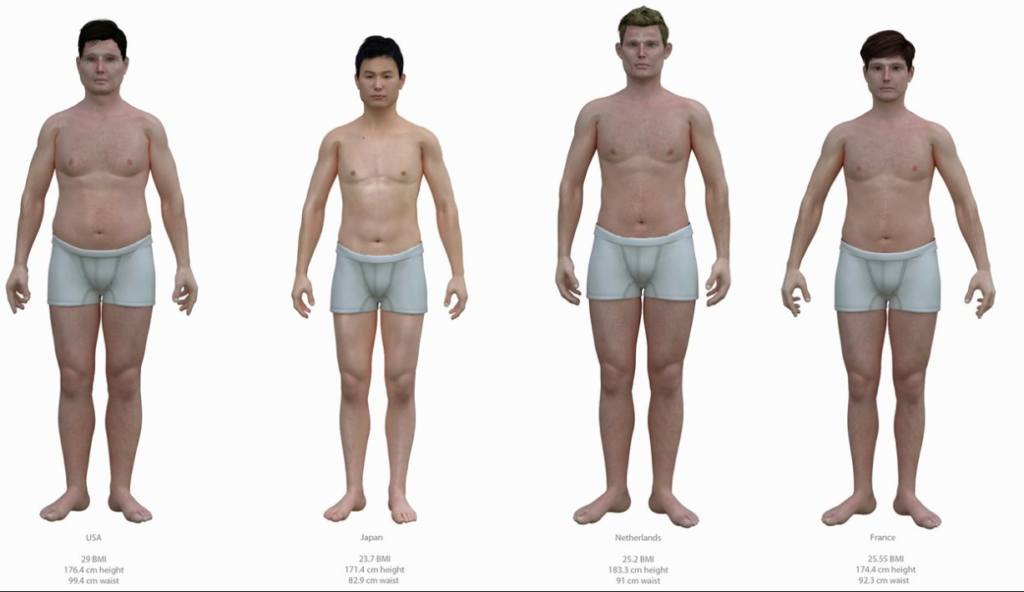
To overcome these harmful habits, it is crucial to cultivate self-compassion and acceptance. Instead of focusing on perceived flaws, it is important to shift our mindset towards appreciating and celebrating our bodies for what they can do. Engaging in positive practices such as affirmations, gratitude exercises, and self-care rituals can help in building a more positive relationship with our bodies. Additionally, surrounding ourselves with a supportive network of friends, family, or community groups who promote body positivity can provide a safe space for us to explore and embrace our unique beauty.
Remember, breaking free from negative self-talk and comparison is a journey that takes time and effort. It requires patience, self-compassion, and a commitment to self-growth. By challenging societal beauty standards, embracing body diversity, and fostering a positive mindset, we can cultivate a healthier relationship with our bodies and ultimately improve our overall well-being. So, let’s strive for self-love, acceptance, and body positivity – not just for ourselves, but for future generations to come.
Cultivating a Positive Mindset towards Your Body
A positive mindset towards your body is not something that can be achieved overnight. It requires a gradual shift in perspective and a commitment to embracing self-acceptance and self-compassion. One important step in cultivating a positive mindset is to recognize and challenge negative thoughts and beliefs about your body. Often, we internalize societal ideals of beauty that are unattainable and unrealistic. These standards are perpetuated by the media and can have a detrimental impact on our self-esteem and body image. By questioning these standards and understanding that beauty comes in all shapes and sizes, we can begin to free ourselves from the pressure to conform and start appreciating and celebrating our own unique qualities.
Building a positive mindset also involves practicing self-care and self-love. Take time for yourself and engage in activities that make you feel good both physically and emotionally. This can include engaging in regular exercise that you enjoy, eating nourishing foods, and getting enough rest and sleep. Surround yourself with positivity by seeking out supportive and empowering relationships and communities. Engage in conversations and activities that focus on body positivity and acceptance. Remember, cultivating a positive mindset towards your body is a journey, and it is important to be patient and kind with yourself along the way.
Nurturing Self-Compassion and Acceptance
Self-compassion and acceptance are crucial components of fostering a positive body image and overall mental well-being. When we cultivate self-compassion, we are acknowledging and accepting ourselves with kindness, even in the face of perceived flaws or imperfections. This practice allows us to embrace our bodies as they are, and to treat ourselves with the same understanding and compassion we would extend to a loved one.
Research has shown that individuals who practice self-compassion have higher levels of body satisfaction, lower levels of body shame, and are less likely to engage in unhealthy weight control behaviors. By being compassionate towards ourselves, we create a safe space for self-acceptance and the freedom to celebrate our body’s unique attributes.
Incorporating self-compassion and acceptance into our daily lives can be achieved through various strategies. One effective approach is self-talk. Instead of criticizing ourselves for perceived flaws, we can choose to speak to ourselves in a kind and understanding manner. For example, instead of saying, “I hate my stomach,” we can reframe our thoughts to say, “My body is strong and has carried me through so much.”
Another powerful tool in nurturing self-compassion and acceptance is practicing mindfulness. By staying present in the moment, we can observe our bodies without judgment and cultivate gratitude for all they do for us. Engaging in activities that promote self-care, such as taking a warm bath, going for a walk in nature, or engaging in a hobby we enjoy, can further reinforce self-compassion and acceptance.
Ultimately, nurturing self-compassion and acceptance is an ongoing journey. It requires patience, practice, and a shift in perspective. By embracing our bodies with kindness and understanding, we can cultivate a positive mindset that radiates from within.
Promoting Healthy Habits for Physical Well-Being
In our fast-paced and demanding world, it can sometimes be easy to neglect our physical well-being. However, promoting healthy habits is essential for maintaining a balanced and thriving life. Taking care of our bodies not only improves our overall health, but it also provides us with the energy and vitality needed to tackle daily challenges. So, how can we prioritize our physical well-being? Let’s explore some simple yet effective strategies.
First and foremost, it’s crucial to establish a regular exercise routine. Engaging in physical activities not only helps us maintain a healthy weight but also reduces the risk of chronic diseases such as heart disease, diabetes, and certain types of cancer. To stay motivated and on track, find an exercise that you enjoy – whether it’s walking, jogging, dancing, or swimming – and make it a habit. Consider discussing your exercise plans with a healthcare professional or a certified fitness instructor who can provide guidance based on your individual needs and goals. Additionally, varying your workouts can help prevent boredom and keep you engaged. Don’t be afraid to try different forms of exercise and find what works best for you.
Exploring Different Types of Exercise for All Body Types
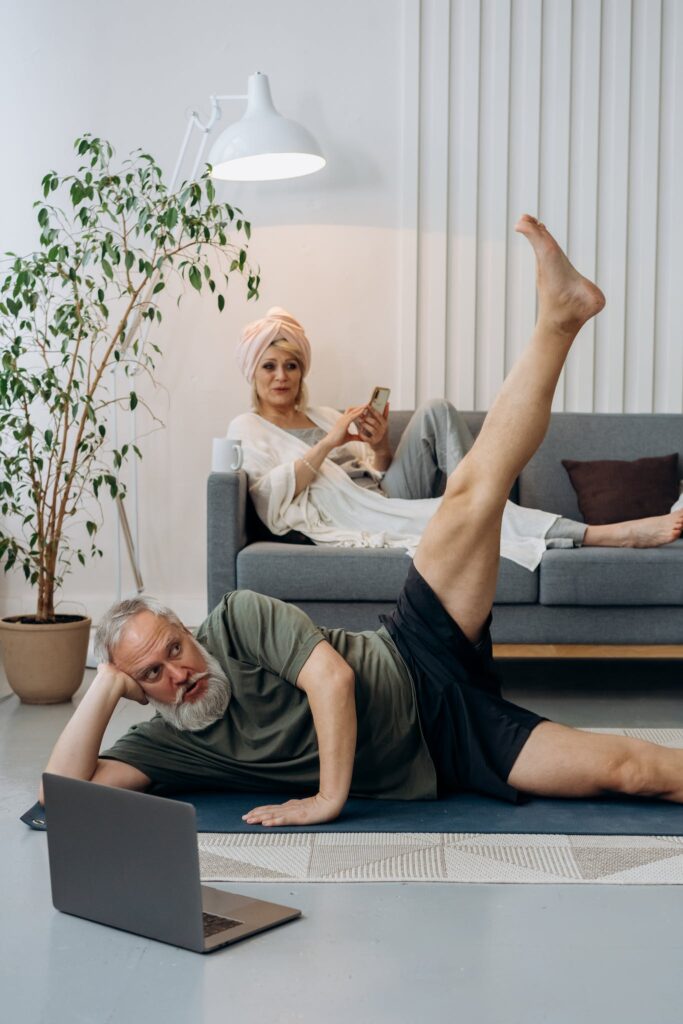
When it comes to exercise, it’s important to find activities that suit your body type and fitness level. Exploring different types of exercise can help you discover what works best for you and your unique needs. Whether you’re a beginner or an experienced fitness enthusiast, there are countless options available that can cater to all body types. From low-impact exercises like swimming and yoga to high-intensity workouts like HIIT and weightlifting, the key is to find something that you enjoy and that challenges you appropriately.
One way to determine which type of exercise is right for you is to consider your goals. Are you looking to improve cardiovascular health, build strength, increase flexibility, or all of the above? Understanding your objectives can help you narrow down the options and select activities that align with your desired outcomes. Additionally, it’s essential to listen to your body and choose exercises that feel comfortable and safe. This may involve consulting with a fitness professional or healthcare provider who can provide guidance tailored to your specific needs and limitations. Remember, the most effective exercise routine is one that you can adhere to consistently and that promotes overall well-being. So don’t be afraid to try new activities and find what truly moves you.
Here is a table of some scientific studies on the benefits of exercises along with their outcomes:
| Study | Outcome |
|---|---|
| Exercise/physical activity and health outcomes: an overview of Cochrane systematic reviews | This study reviewed 150 Cochrane systematic reviews (CSRs) on the effectiveness of exercise/physical activity for various health outcomes. The results showed that exercise/physical activity reduces mortality rates, improves quality of life, and has minimal or no safety concerns. |
| Exercise & Fitness – Harvard Health | This article provides information on why exercise is important for seniors, what are the best types of exercise, how much exercise do seniors need, and what are the benefits of exercise. The article also gives some tips on how to start and maintain an exercise and fitness regimen. |
| The science of exercise shows benefits beyond weight loss | This article explains how exercise affects not only the body but also the cells. It describes how active people have more efficient mitochondria, which are the energy-producing power plants within each cell. It also discusses how exercise can improve brain function, mood, and longevity. |
| How Does Physical Exercise Affect Academic Performance? The … – ed | This study examined the effect of physical exercise on academic performance among secondary school students in Egypt. It found that students who engaged in moderate to vigorous physical exercise had higher scores in mathematics, English, and general knowledge than those who did not. It also suggested that physical exercise can enhance cognitive abilities and academic achievement. |
| The academic and psychological benefits of exercise in … – Springer | This study investigated the effect of physical education classes on academic performance, self-esteem, emotions, and mood among elementary school students in Japan. It found that students who participated in physical education classes had better grades, higher self-esteem, lower stress levels, and more positive emotions than those |
Appreciating and Celebrating Body Diversity
Body diversity is an essential aspect of humanity that deserves appreciation and celebration. Our bodies come in various shapes, sizes, colors, and abilities, reflecting the beautiful diversity of the world we live in. Embracing and valuing this diversity is not only a matter of kindness and acceptance but also crucial for our own self-esteem and mental well-being.
When we appreciate and celebrate body diversity, we acknowledge that there is no one-size-fits-all standard of beauty. It helps us challenge the unrealistic ideals perpetuated by media and society, leading to a more inclusive and accepting culture. It allows us to shift our focus from comparison and judgment to self-love and understanding. Instead of striving to fit into narrow beauty standards, we can embrace and cherish the unique qualities that make us who we are. By recognizing and celebrating our individuality, we pave the way for a healthier and more positive relationship with our bodies.
It’s important to note that body diversity extends beyond mere appearances. It includes factors such as age, gender identity, and physical abilities. People of all ages, genders, and abilities deserve to be valued and respected for their bodies. Appreciating body diversity means embracing the beauty and worth of every individual, regardless of societal norms or stereotypes.
In conclusion, appreciating and celebrating body diversity is an essential step towards fostering a more inclusive and accepting society. It involves recognizing and valuing the uniqueness of each individual and moving away from unrealistic beauty standards. By embracing body diversity, we promote self-love, acceptance, and mental well-being for ourselves and others. Let us celebrate the beauty that lies within our differences and embrace the diversity that makes us who we are.
Overcoming Body Shame and Guilt
Body shame and guilt can have a significant impact on our mental and emotional well-being. These negative feelings often arise from societal expectations and unrealistic beauty standards. In a world that constantly bombards us with images of the “perfect” body, it’s easy to fall into the trap of self-comparison and self-criticism. However, it’s important to recognize that everyone’s bodies are unique and that there is no one-size-fits-all definition of beauty.
One way to overcome body shame and guilt is by challenging the negative thoughts and beliefs we have about our bodies. This can be achieved through self-reflection and re-framing our mindset. Instead of focusing on flaws or imperfections, we can choose to embrace our bodies as they are and celebrate their strength and resilience. Cultivating self-compassion and acceptance is also crucial in this journey. By treating ourselves with kindness and understanding, we can gradually let go of the shame and guilt that weigh us down. It’s important to remember that our worth is not determined by our appearance, but rather by our unique qualities, skills, and contributions to the world.
Building a Supportive Network for Body Positivity
Building a supportive network for body positivity is essential in promoting a healthy and confident mindset towards one’s own body. Surrounding yourself with individuals who share the belief in body acceptance and self-love can greatly impact your own perception of beauty. By connecting with like-minded individuals who understand the struggles and triumphs of embracing body positivity, you can cultivate a strong support system that empowers and encourages you on your journey.
In a world that often perpetuates unrealistic beauty standards, it can be challenging to maintain a positive body image. However, by joining communities, attending support groups, or participating in online forums focused on body positivity, you can create a safe space where you are validated and celebrated for who you are, regardless of societal standards. These networks provide opportunities to engage in open discussions, learn from others’ experiences, and find inspiration in their stories of self-acceptance. Remember, you are not alone, and together, we can build a network that uplifts and champions body positivity for all.
Developing Healthy Coping Mechanisms for Body Image Challenges
Developing healthy coping mechanisms for body image challenges is crucial in fostering a positive and sustainable mindset towards our own bodies. A fundamental aspect of this process is to recognize that our self-worth should not be solely dependent on our physical appearance. Instead, it is important to focus on developing a holistic sense of self, encompassing both our physical and mental well-being.
One effective coping mechanism is to challenge negative self-talk and comparison. It is all too easy to fall into the trap of comparing ourselves to others, particularly with the constant exposure to idealized images on social media. However, it is essential to remember that every body is unique and comes in different shapes, sizes, and proportions. By redirecting our focus towards self-acceptance and celebrating the diversity of body types, we can begin to cultivate a more positive and realistic perception of ourselves.
Another beneficial coping strategy involves nurturing self-compassion and acceptance. Instead of criticizing ourselves for perceived flaws or imperfections, we can learn to be kinder and more understanding towards our bodies. This involves acknowledging that our bodies are constantly changing throughout life, and embracing these changes as a natural part of our individual journeys. Celebrating our bodies for their strength, resilience, and functionality can help us develop a more positive and compassionate relationship with ourselves.
Overall, developing healthy coping mechanisms for body image challenges involves shifting our perspective away from external validation and towards self-acceptance and self-care. By challenging negative thoughts and focusing on the holistic aspects of our well-being, we can cultivate a more positive mindset and promote a healthier relationship with our bodies.
Tips for Practicing Self-Care and Self-Love
Self-care and self-love are essential practices for maintaining a healthy body image and overall well-being. Giving yourself the care and attention you deserve can help to counteract the negative impact of societal beauty standards and foster a positive relationship with your body. Here are a few tips to incorporate self-care and self-love into your daily routine.
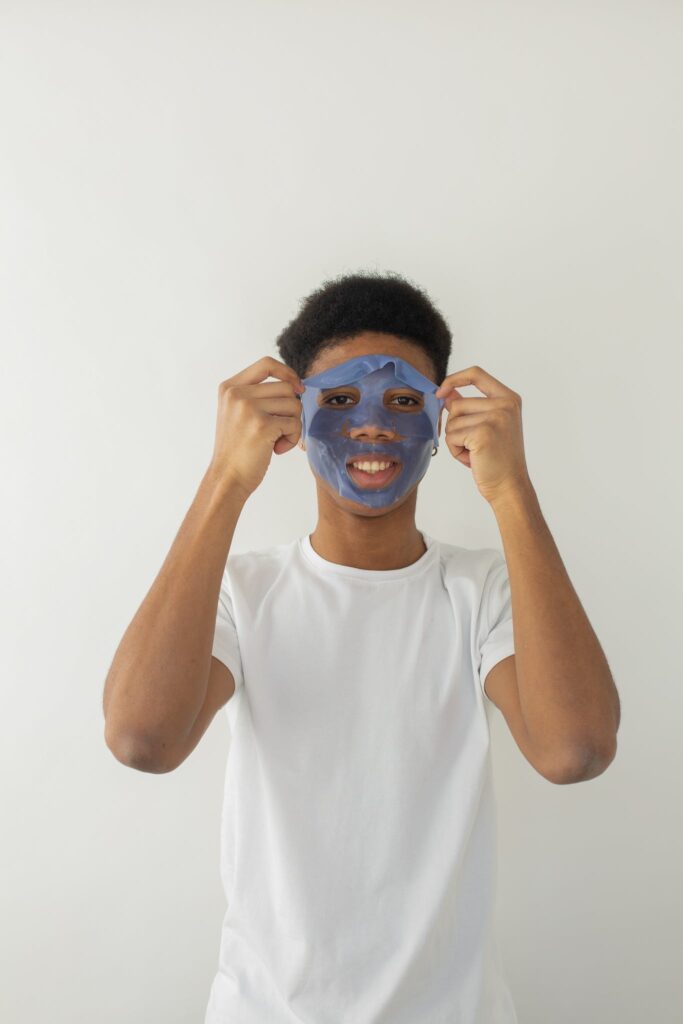
First, prioritize self-care activities that promote relaxation and reduce stress. This could include taking a warm bath, practicing meditation or deep breathing exercises, or engaging in your favorite hobbies. These activities can help to calm the mind, improve mood, and boost self-esteem.
Second, make time for physical activity that you genuinely enjoy. Exercise is not only beneficial for physical health but can also be a powerful tool for improving body image. Find activities that make you feel strong, empowered, and connected to your body. Whether it’s dancing, swimming, or practicing yoga, engaging in movement that feels good for you can foster a sense of appreciation and acceptance for your body.
Remember, self-care and self-love are ongoing practices that require patience and consistency. Be kind to yourself, and don’t be too hard on yourself if you have setbacks or bad body image days. Continue to prioritize your well-being, and over time, you will see the positive impact it can have on your body image and overall happiness.
Embracing Body Positivity as a Lifelong Journey
Body positivity is not a quick fix or a one-time event; it is a lifelong journey of self-discovery, self-acceptance, and self-love. It involves challenging societal norms and redefining beauty standards to embrace diversity in all its forms. This journey requires patience, dedication, and a willingness to unlearn harmful beliefs and behaviors that contribute to negative body image.
One of the first steps in embracing body positivity is recognizing that our worth is not determined by our appearance. We are so much more than what meets the eye. Our bodies are incredible vessels that perform amazing functions and allow us to experience the world. By shifting our focus from how we look to what our bodies can do, we begin to appreciate and celebrate their uniqueness. This shift in perspective helps us move away from self-criticism and towards self-appreciation.
It is important to remember that body positivity is not about promoting an unhealthy lifestyle or disregarding our physical health. Rather, it is about cultivating a positive mindset towards our bodies while also taking care of them. This involves nourishing our bodies with nutritious foods, engaging in regular physical activity that we enjoy, and practicing self-care. By prioritizing our overall well-being instead of solely focusing on appearance, we can foster a healthier relationship with our bodies and promote body positivity in our own lives and in the world around us.
References:
– Dove Self-Esteem Project: https://www.dove.com/self-esteem.html
– National Eating Disorders Association: https://www.nationaleatingdisorders.org/
– Healthline: https://www.healthline.com/nutrition/what-is-body-positivity
What are some common misconceptions about body positivity?
Some common misconceptions about body positivity include the belief that it promotes unhealthy lifestyles or encourages complacency with one’s appearance. However, body positivity is about accepting and loving oneself as they are, while also promoting overall wellness and self-care.
How can I challenge societal beauty standards?
Challenging societal beauty standards involves recognizing that these standards are often unrealistic and unattainable. You can challenge them by embracing and celebrating diverse body types, promoting positive body image messages, and refusing to engage in body shaming or negative self-talk.
How does media affect male body image?
The media often portrays a narrow and idealized version of masculinity, which can negatively impact male body image. Constant exposure to images of muscular and chiseled male bodies can lead to feelings of inadequacy and a distorted perception of one’s own body.
Can body positivity improve mental health?
Yes, body positivity can have a positive impact on mental health. By cultivating a positive mindset towards your body, breaking free from negative self-talk and comparison, and nurturing self-compassion and acceptance, you can experience improved self-esteem, reduced anxiety, and overall better mental well-being.
How can I overcome body shame and guilt?
Overcoming body shame and guilt involves challenging negative thoughts and beliefs about your body, seeking support from loved ones or professionals, practicing self-compassion and self-care, and focusing on the aspects of your body that you appreciate and love.
How can I build a supportive network for body positivity?
Building a supportive network for body positivity involves connecting with like-minded individuals who share similar values and beliefs. This can be done through joining online communities, attending body-positive events or workshops, and surrounding yourself with friends and family who support and uplift you.
What are some healthy coping mechanisms for body image challenges?
Healthy coping mechanisms for body image challenges include engaging in self-care activities such as exercise, meditation, or creative outlets, seeking professional therapy or counseling, surrounding yourself with positive influences, practicing self-compassion, and challenging negative thoughts through affirmations or journaling.
How can I practice self-care and self-love?
To practice self-care and self-love, prioritize activities that bring you joy and relaxation, set boundaries to protect your mental and emotional well-being, practice self-compassion and forgiveness, engage in positive self-talk and affirmations, and prioritize your physical and mental health through regular exercise and nourishing your body with healthy food.

